You got a small taste of this in the last post with some macro shots of the huge gunnera, from right up in the plant -- well, under it mostly. I'll start again from there...
If you were a Flinger visiting this garden and you didn't climb under the gigantic rough leaves, you probably didn't see this:
What texture! How can you not love this foliage?
Speaking of foliage, and texture, and wet (remember it had just stopped raining), let's just enjoy...
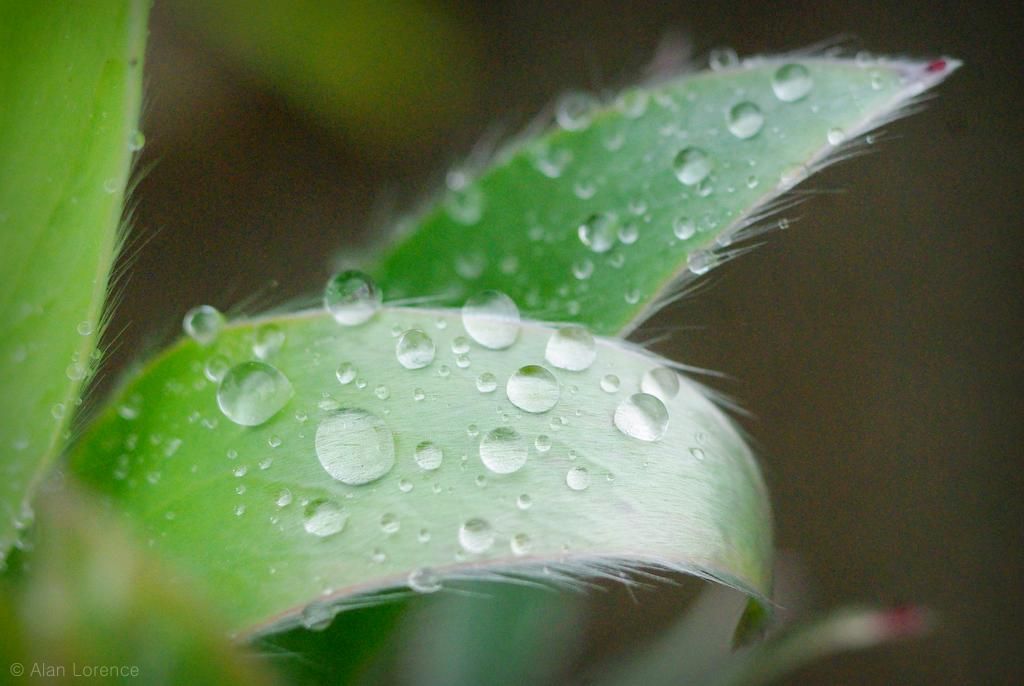 |
| What is this plant? Looks like Dr. Seuss character hands! |
Okay, hold on a second. I want to talk about that last photo. This tree, this wonderful blue, purply, gray, misty beauty...
This is not a tree that we're familiar with in the midwest, but if I remember correctly it was identified to me as an acacia -- maybe some improved version of purple-leaf acacia? (Acacia baileyana 'Purpurea')
Sited to one side of the patio where we kept out of the rain, my view of it was blocked by lots of other people, so I didn't really see it until I had made my way through the entire garden and was coming back to the house. It was just stunning though, one of my favorite plants in this entire garden!
I'm not really sure why I didn't take any photos in the front garden -- maybe I was all snapped out.
I hope these two posts have given you a good sense of this garden, and I'm looking forward to seeing photos of it over the next couple of years as the newer sections of it mature!
.
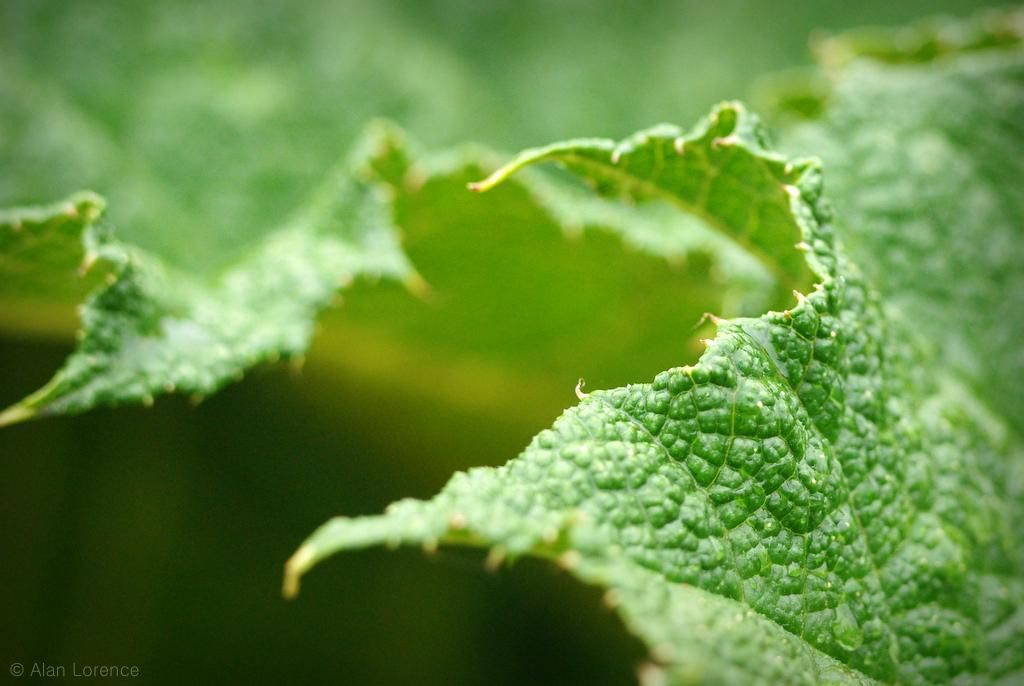
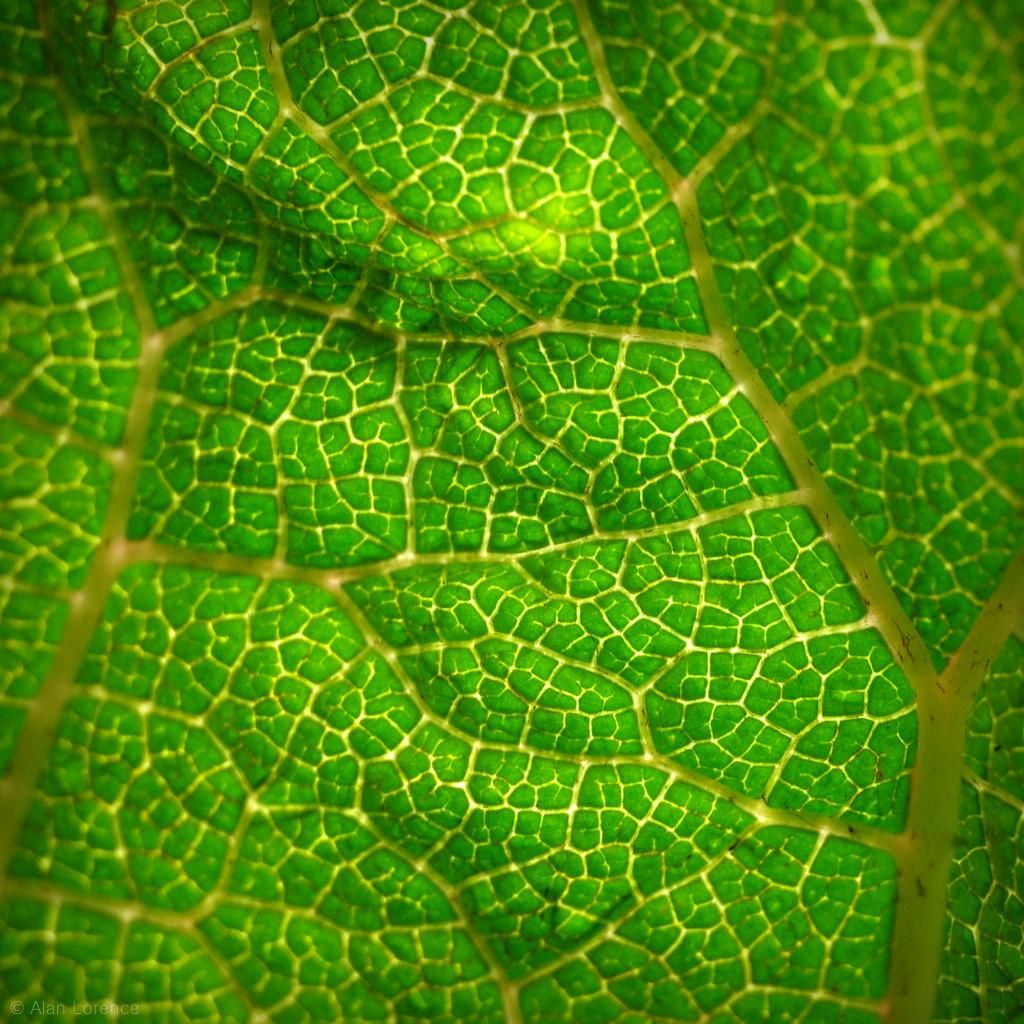
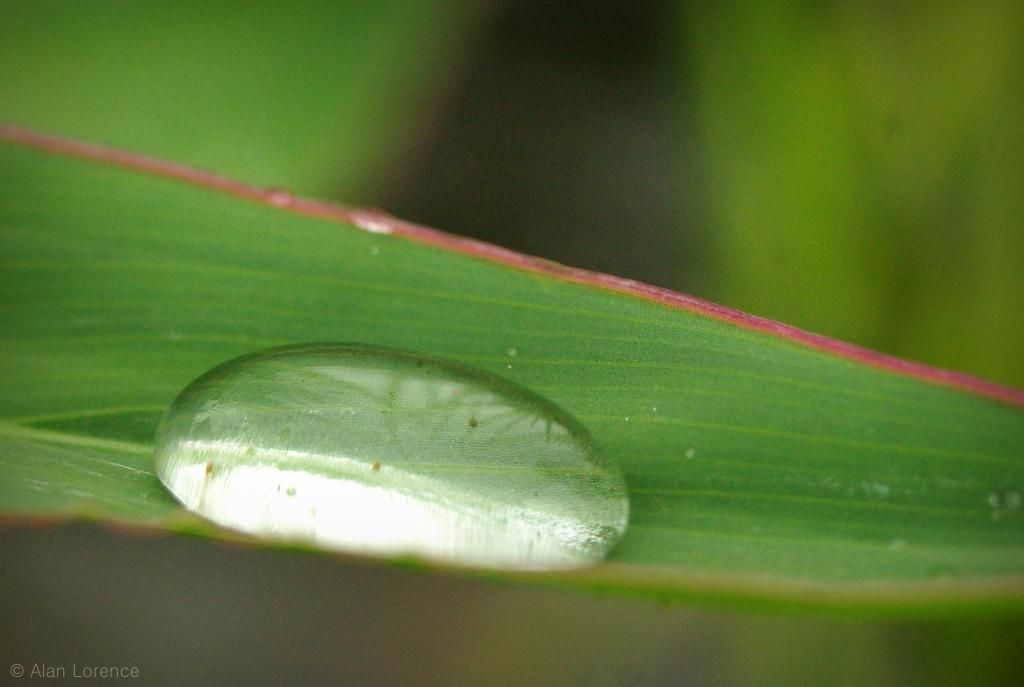

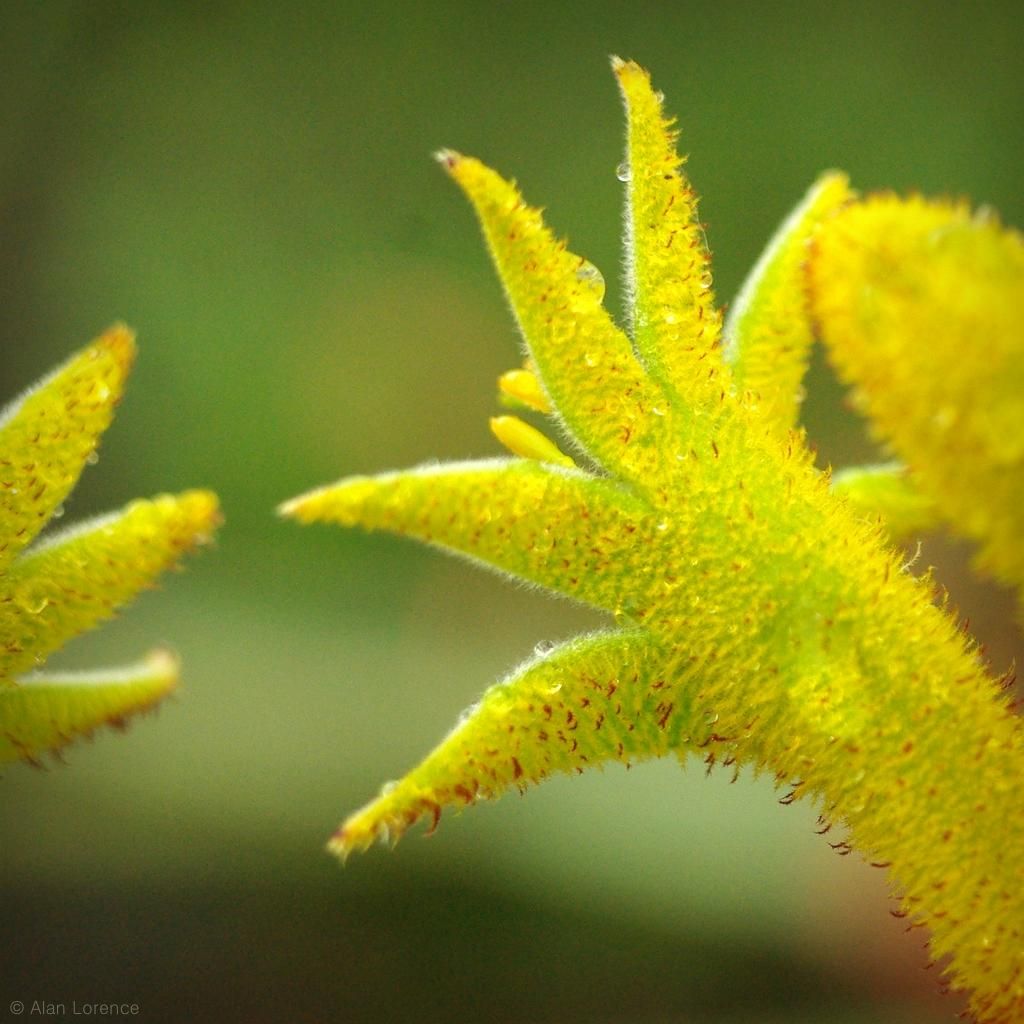




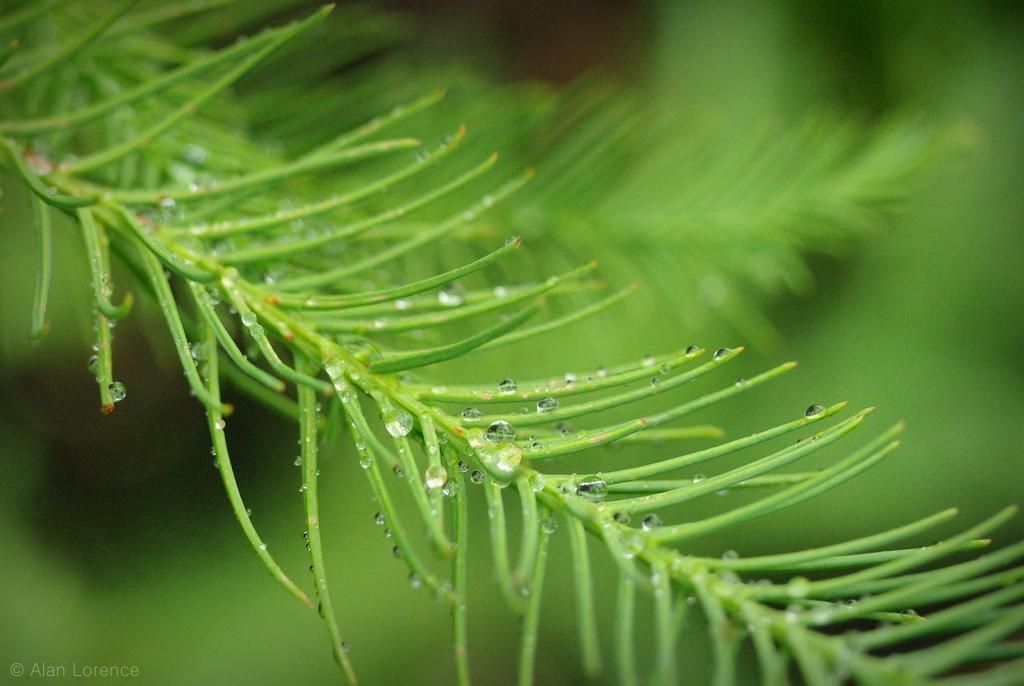
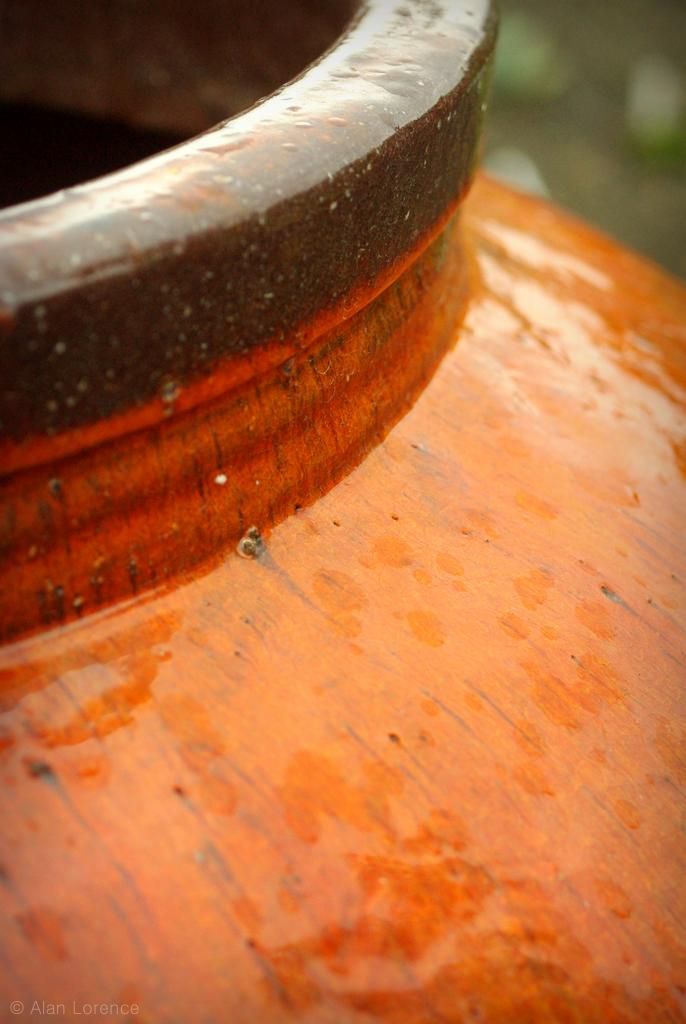
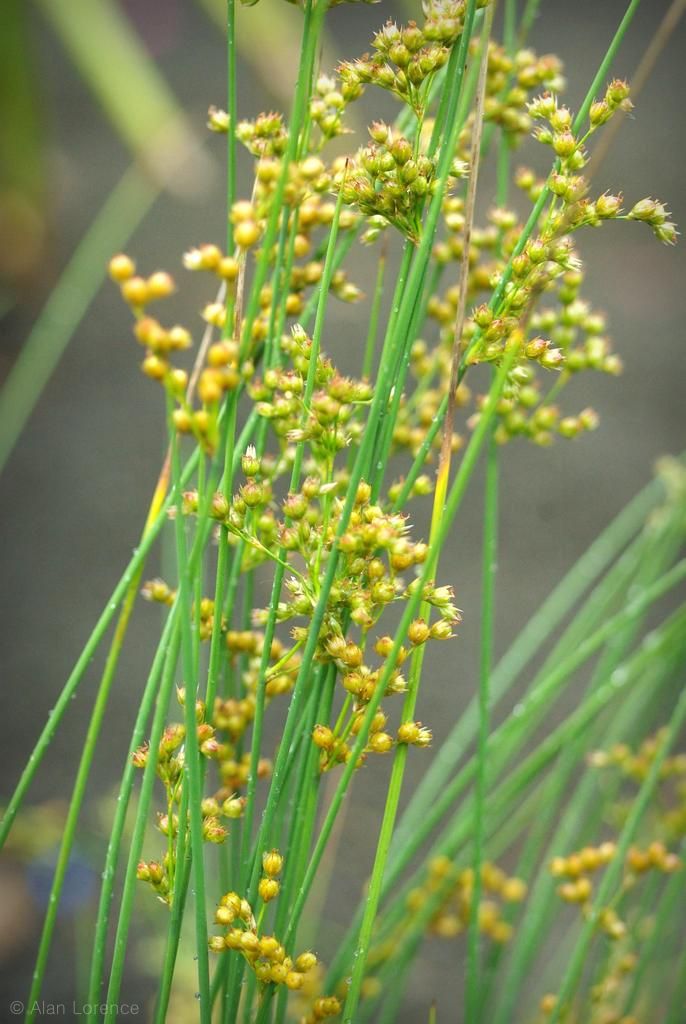



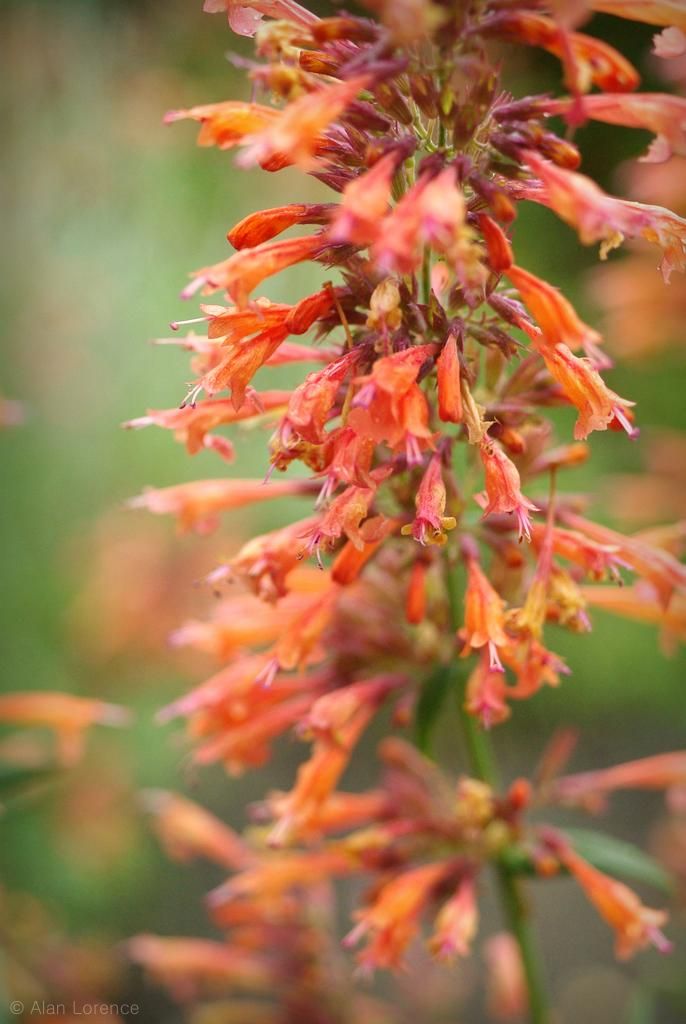

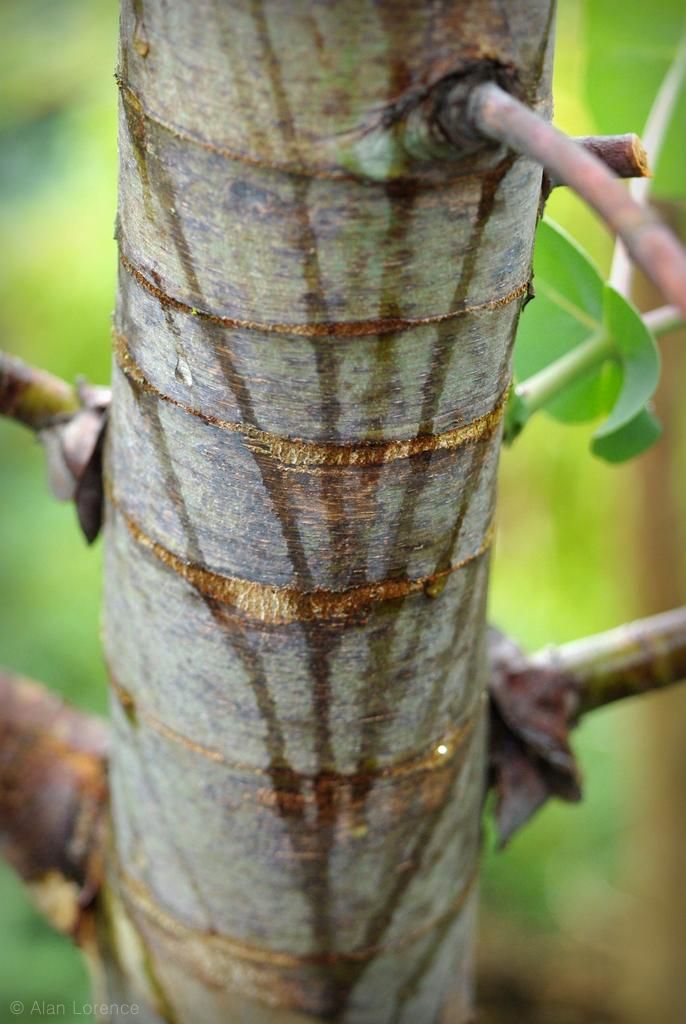
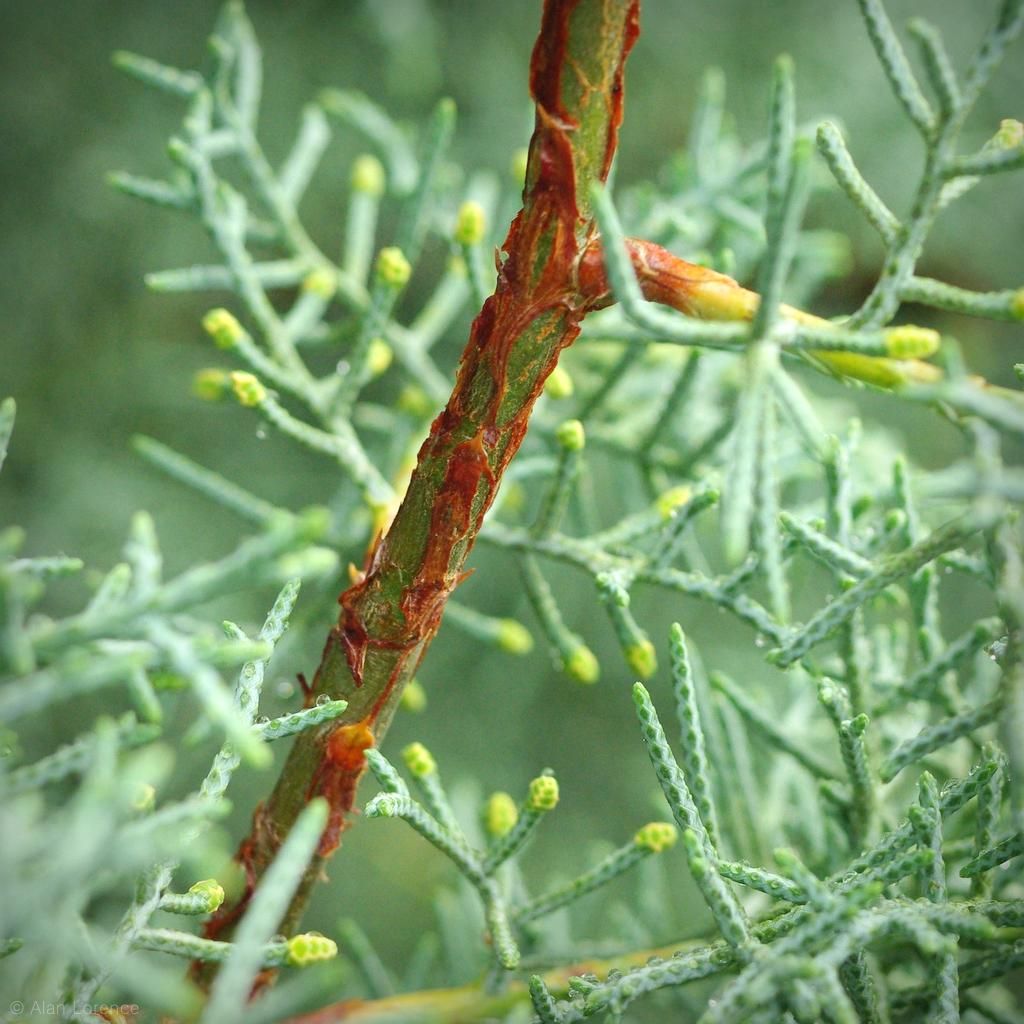
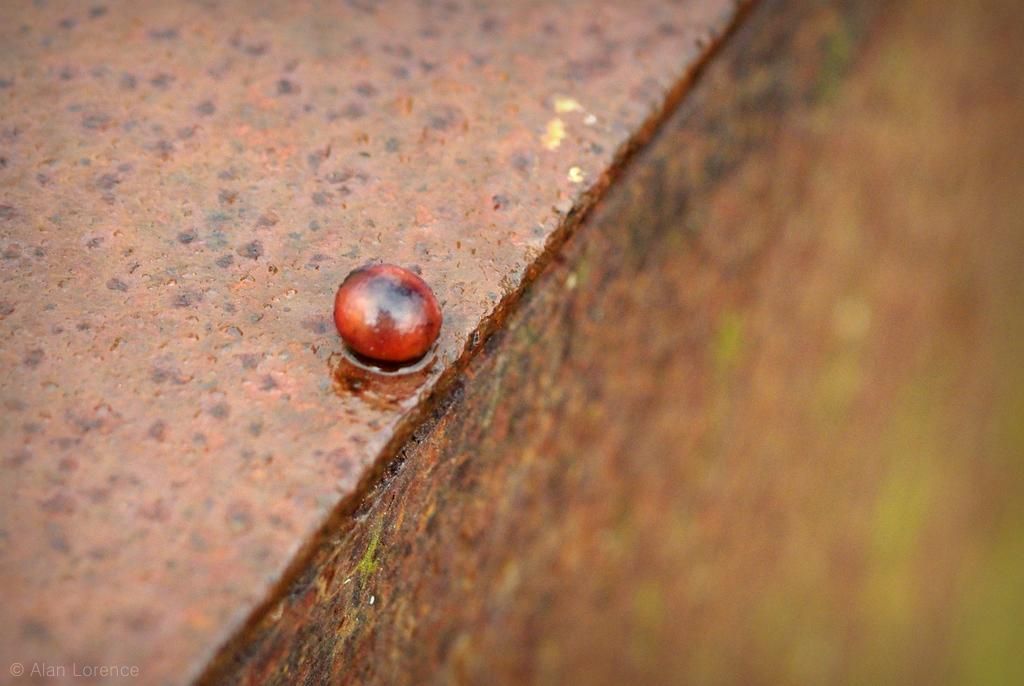
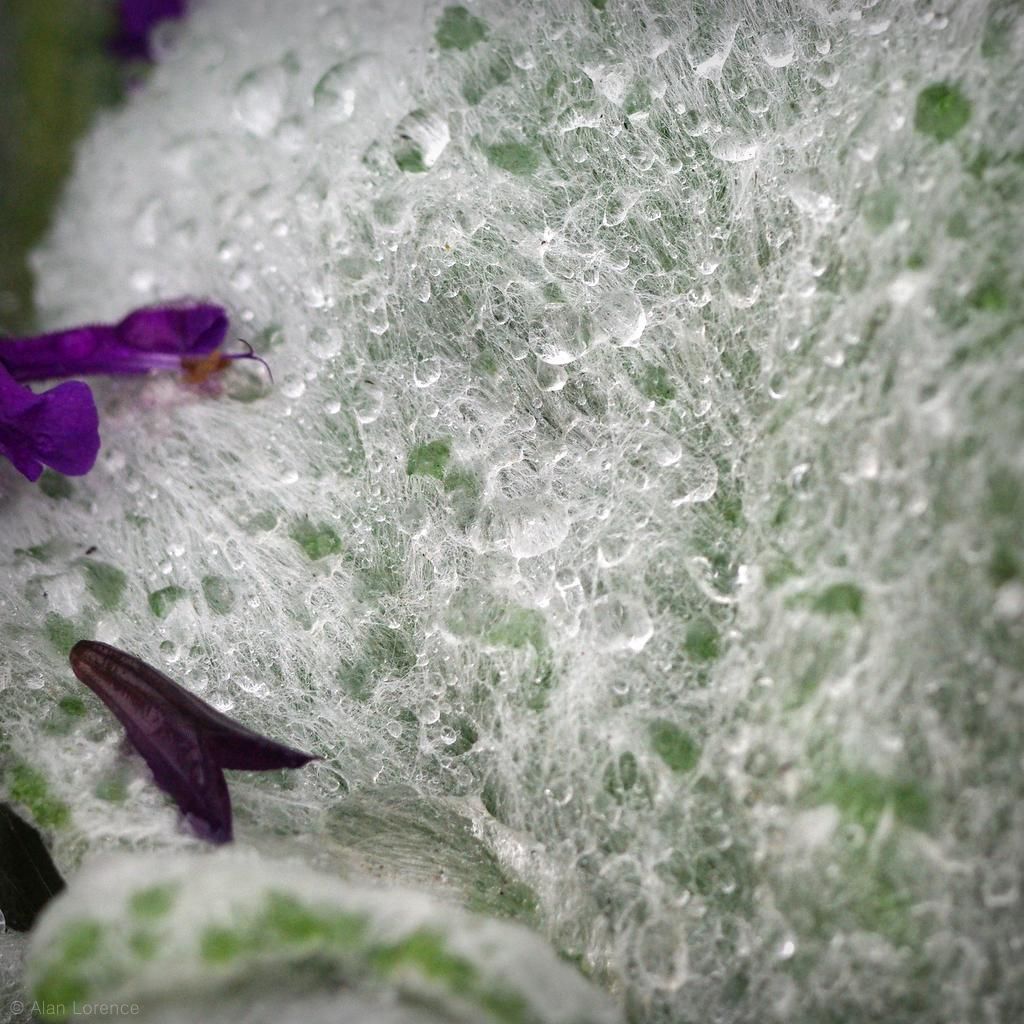


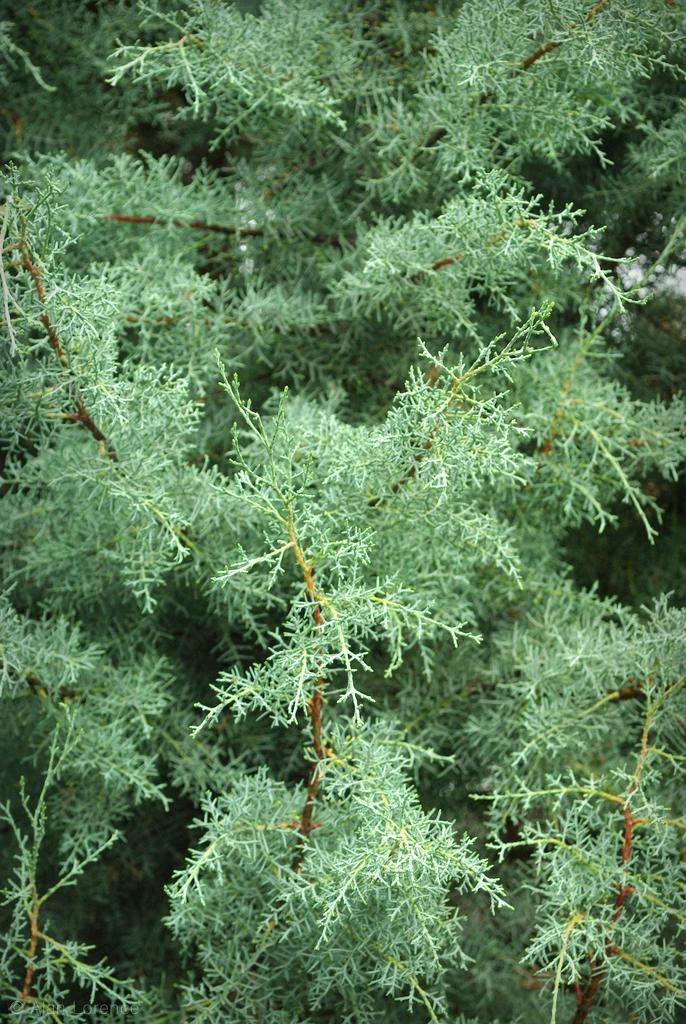
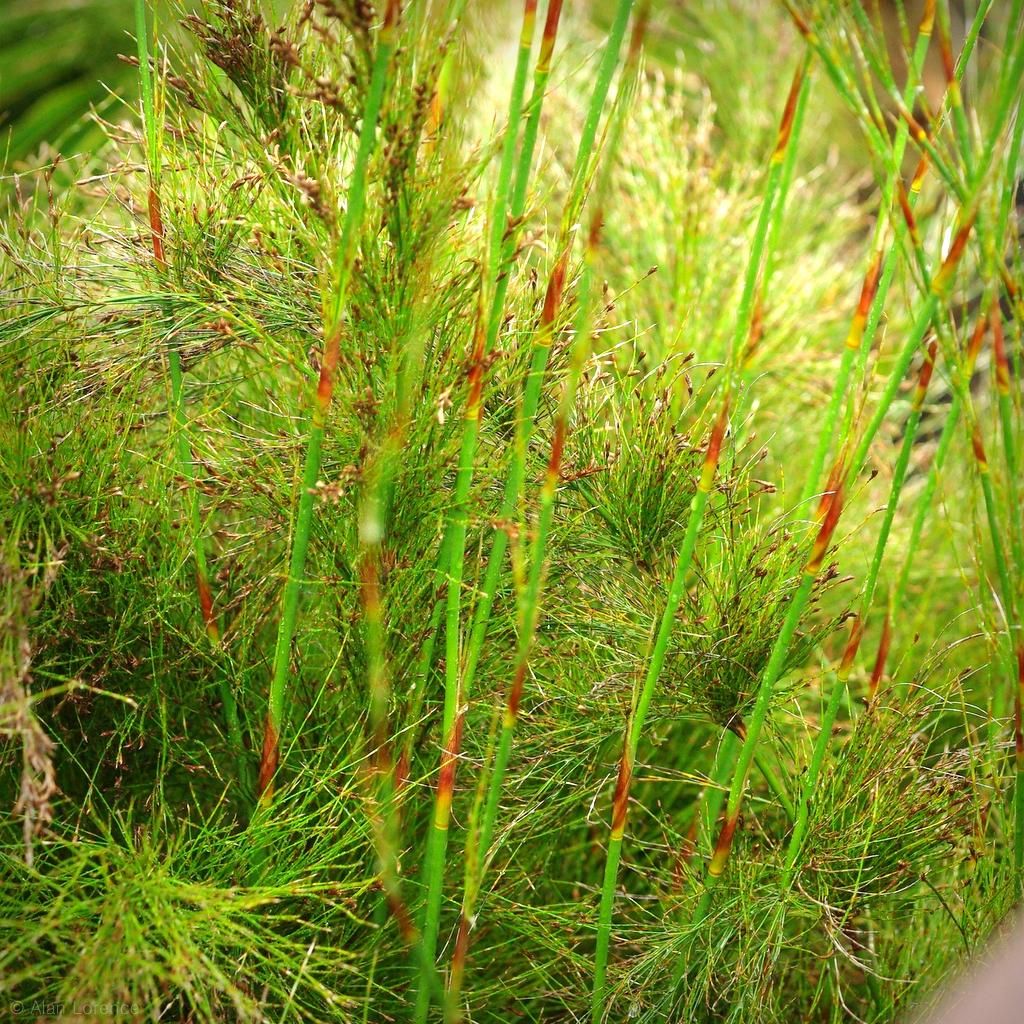
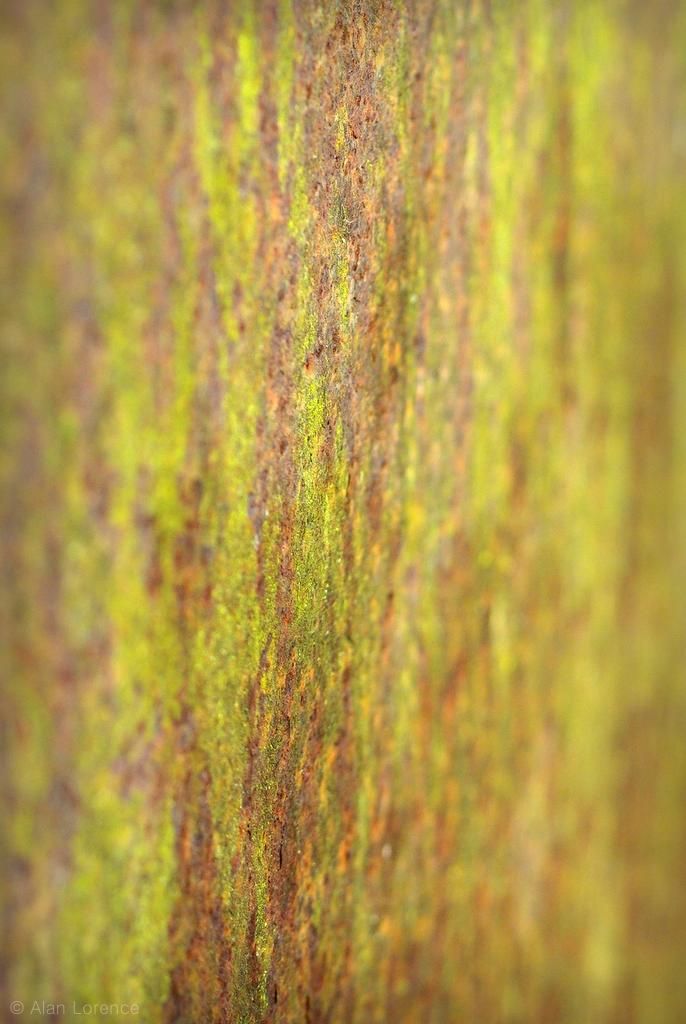

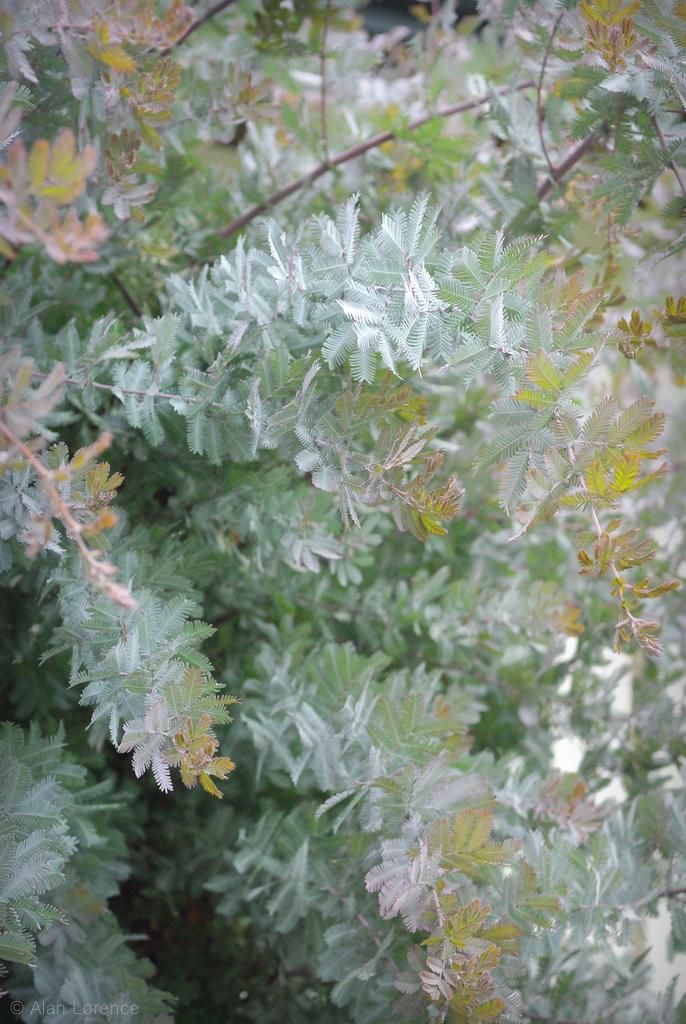

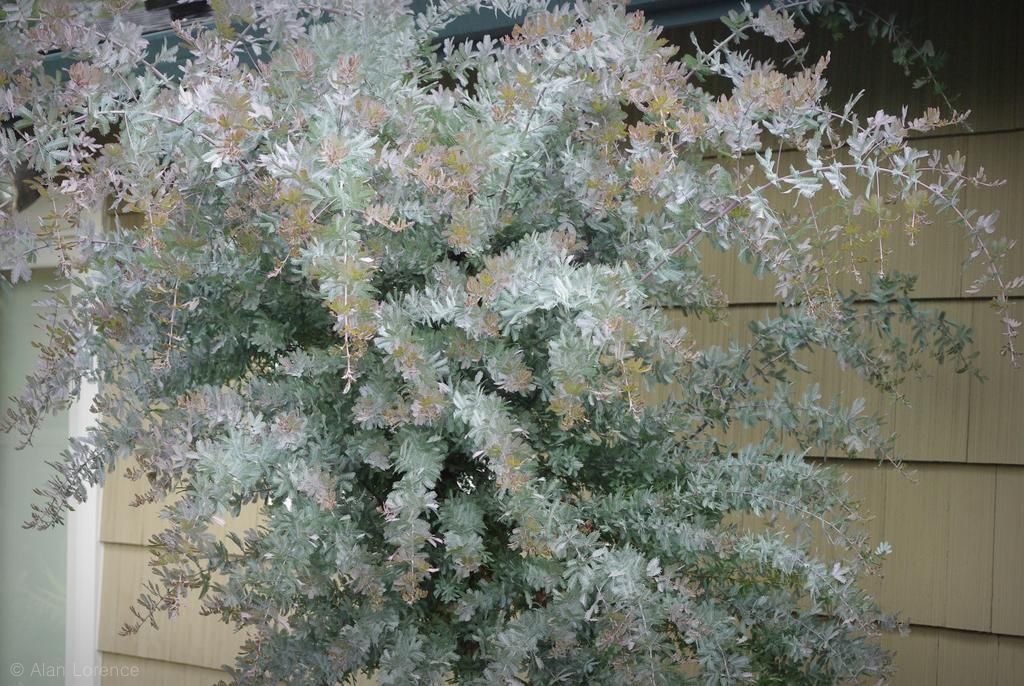
Thank you--again!--for showing us a level of detail few of us see. I'm much more of a wide-angle guy, which is why I thoroughly enjoy looking at macro images. Maybe I need to buy myself a macro lens for Christmas. It would force me to slow down and look at the world in a new way.
ReplyDeleteYes, that tree in the last few photos is Acacia baileyana 'Purpurea'. I want one, too!
A lot of your photos would make great prints on a wall!
ReplyDeleteI've said the same thing - if Alan were selling, I'd be buying!
ReplyDeleteI agree that Acacia baileyana 'Purpurea' is an otherworldly beauty. Even more so considering he's managed to keep it alive through our coldest of winters. The Dr. Seuss character hands belong to Leucadendron argenteum, another plant I wish were reliably hardy here.
ReplyDelete